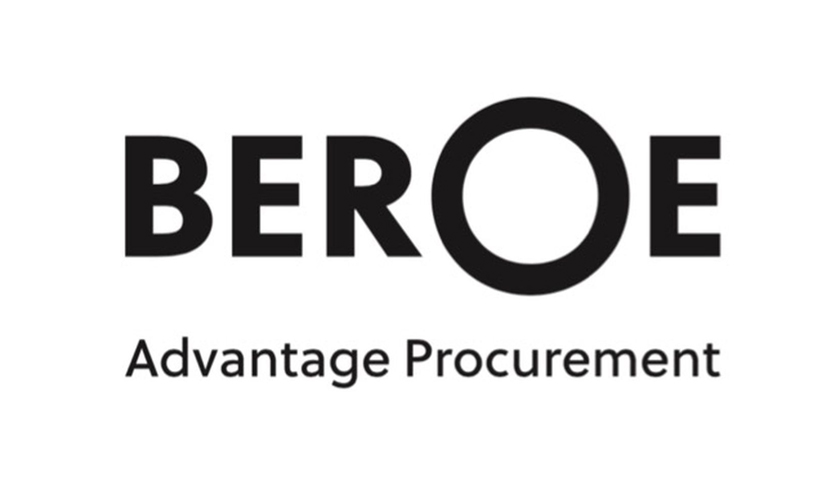

he COVID-19 pandemic has brought a monumental shift from traditional marketing methods to digital marketing. The market is primarily driven by the FMCG, retail, and CPG segments. Once the pandemic situation comes under control, the meteoritic expansion in digital marketing may stabilize. Still, it is expected that there will be considerably higher growth in revenue-utilization in marketing in the digital space. Digital marketing trends will likely be dictated by larger agencies.
Automation, AI, NLP or Neuro Language Programming along with deep learning techniques will play a crucial role in enhancing operational efficiency, minimizing task redundancies, enhancing real-time analyses, marketing initiatives and SEO. Social media trends will continue to positively influence the consumer market, and brands have already made headway in generating user-generated media as a part of their core marketing strategy. Influencers are also expected to create trends and impact marketing strategies to a large extent. Virtual Reality (VR) and Augmented Reality (AR) tools are futuristic but seem to have created a niche with the burgeoning smartphone market and are slated to contribute about $75 billion to the internet marketing service sector.
Beroe, which is based in North Carolina, further stated that procurement experts can access this report on its recently launched market intelligence platform Beroe LiVE.Ai: https://www.beroeinc.com/beroe-live-ai/
“Short video content is undoubtedly the best performing segment of digital marketing. Brands have jumped on the bandwagon and have flooded the social media platforms with user-generated and influencer-created media. Trends show that NLP and Deep learning will rule the space,” said Olive Cynthia, a Beroe analyst. “The rapid growth in the sector is a part of a tectonic shift in market preference as more and more marketing campaigns are targeted to user preference. VR and AR are here to stay and have already made significant forays in marketing strategy. With the waning of the pandemic, traditional marketing techniques will return to the fore, but seem unlikely to hamper the rapid digitalization of marketing campaigns and brand strategy.”
Brands have seen a 20 percent increase in return viewers and a 90 percent growth in average time spent on advertisements in the social media space. The marketing spends have shifted to these platforms in a big way and will continue to do so in 2022. Social media initiatives have become an integral part of marketing strategy, and it is likely to rule the roost in digital marketing strategies.
Automated email marketing could very well be the future of internet marketing. Targeted emails and customer-targeted emails have found success in conversions. The future of small businesses is expected to flow from sales-oriented emails. Conversion-centric emails have shown promise in the e-Commerce segment and are a trend that is likely to grow in leaps and bounds.
“Digital marketing has achieved unprecedented success in the pandemic era. Content creation will be an integral part of the marketing strategy on digital media. The growth of the e-Commerce industry has the potential to catapult digital marketing services to a high growth trajectory,” said Olive Cynthia, a Beroe analyst.
The post Digital Marketing Market to be Valued at $460 Billion by 2022, Says Beroe Inc first appeared on Ethical Marketing News.

Leave a Reply